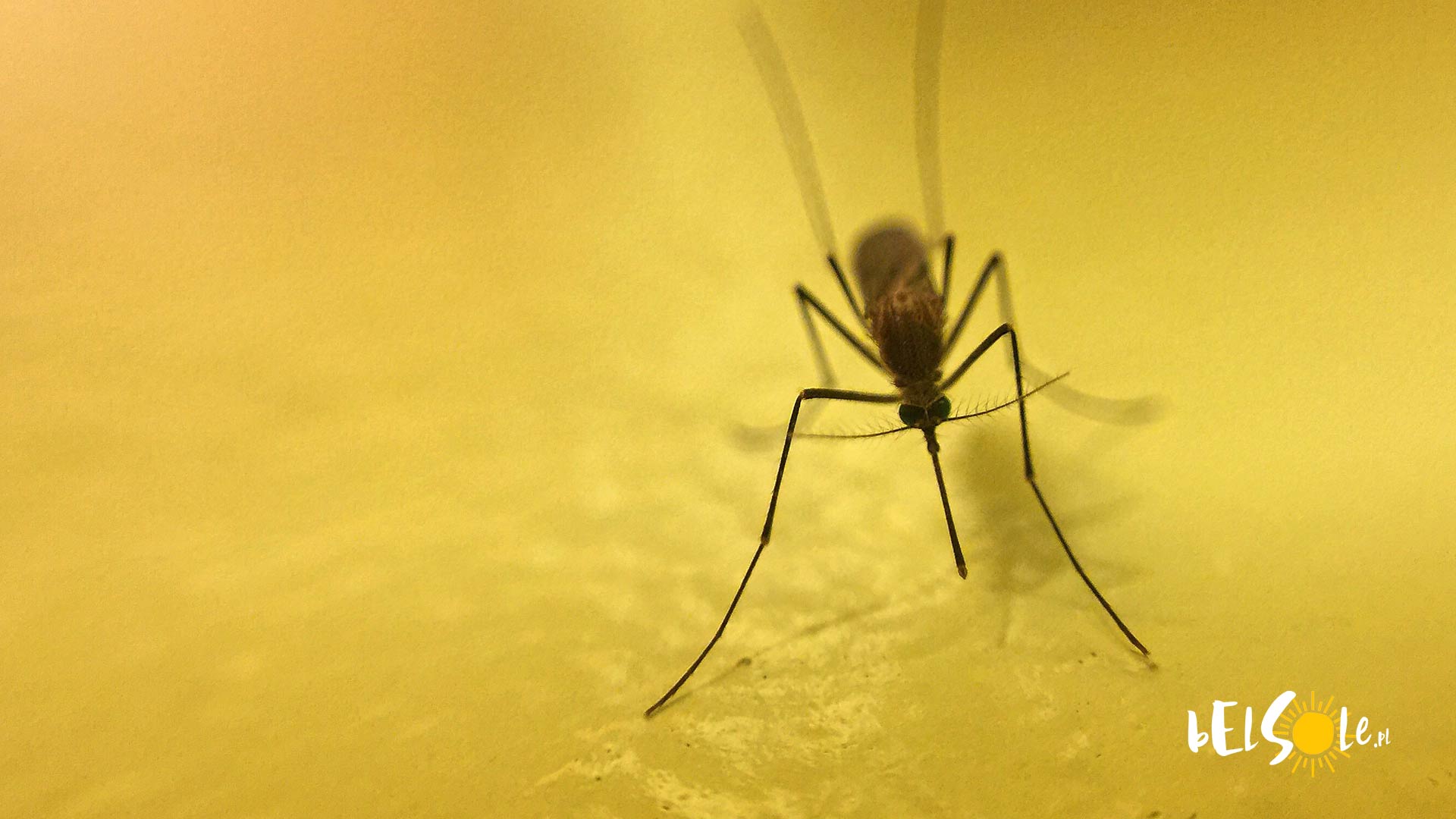Zakynthos is well known for its beautiful beaches, rocky coves and overall stunning greenery. Though it’s still a Greek island through and through, you’ll, nonetheless, find rainy days here too. And what comes up with the humidity? Our eternal companions, mosquitoes. Will you have to deal with mosquitoes often on Zakynthos? When’s the mosquito season? What can you do against them? Let’s take a look.
Are there mosquitoes on Zakynthos?
Mosquitoes need two things to live: warmth and shallow puddles. These appear after heavier rains. During the high season, Zakynthos, just like Crete and Rhodes, has practically no rain. Heat also gets a bit intense on Zakynthos – if mosquitoes don’t have water to live in and there’s overbearing heat in the air, they simply perish. So you should be fine, right?
Not really, as there are alternative ways for these little gremlins to survive. One instance of finding alternative water sources is gardeners. Seemingly a noble cause, taking it upon themselves to care for the powerless plants, also bring forth more water for the mosquitoes to breed in. Trees and any natural stagnant waters, too, attract mosquitoes like a lamp does a moth. Even if it’s a dry season, there’s still humidity. As such, yes, there are plenty of mosquitoes in the summer, as it’s the main mosquito season in Greece. You’ll find most of them during sunrise and sunset.
Why do mosquitoes bite?
Even mosquitoes have a grey side to them – they don’t bite out of angst or desire to hurt but merely to breed. Female mosquitoes need the protein from our blood to feed their eggs, hence why we don’t talk about male mosquitoes biting much. Instead, they feed on plant juices.
Mosquitoes on Zakynthos – how to protect yourself?
There are several things you can do. As far as your room is concerned, firstly, you can cover your windows with mosquito nets – you can buy very cheap ones online if you don’t already have one. Mosquitoes also dislike winds, natural and artificial. As such, air conditioning or fans can do the trick too. Finally, you can buy special plug-in mosquito repellents which dispense anti-mosquito vapours, keeping them away. Alternatively, you can achieve the same effect with incense, scented candles or special discs.
As for going out, you can either use mosquito repellent products, essential oils or simply cover your skin with clothes. For the first option, you typically have products with either DEET, picaridin or IR3535. DEET is the most dangerous for our skin so we would recommend you skip on this one – picaridin is nearly just as effective and is much safer. Same with IR3535, the mildest of the three.
If you’d prefer natural solutions, you can use the aforementioned essential oils. Lavender, tea tree, lemon, eucalyptus, clove, lemongrass and peppermint oils can all help against mosquitoes, though you’ll have to reapply them very often as they lose their fragrance quickly.
See also:






